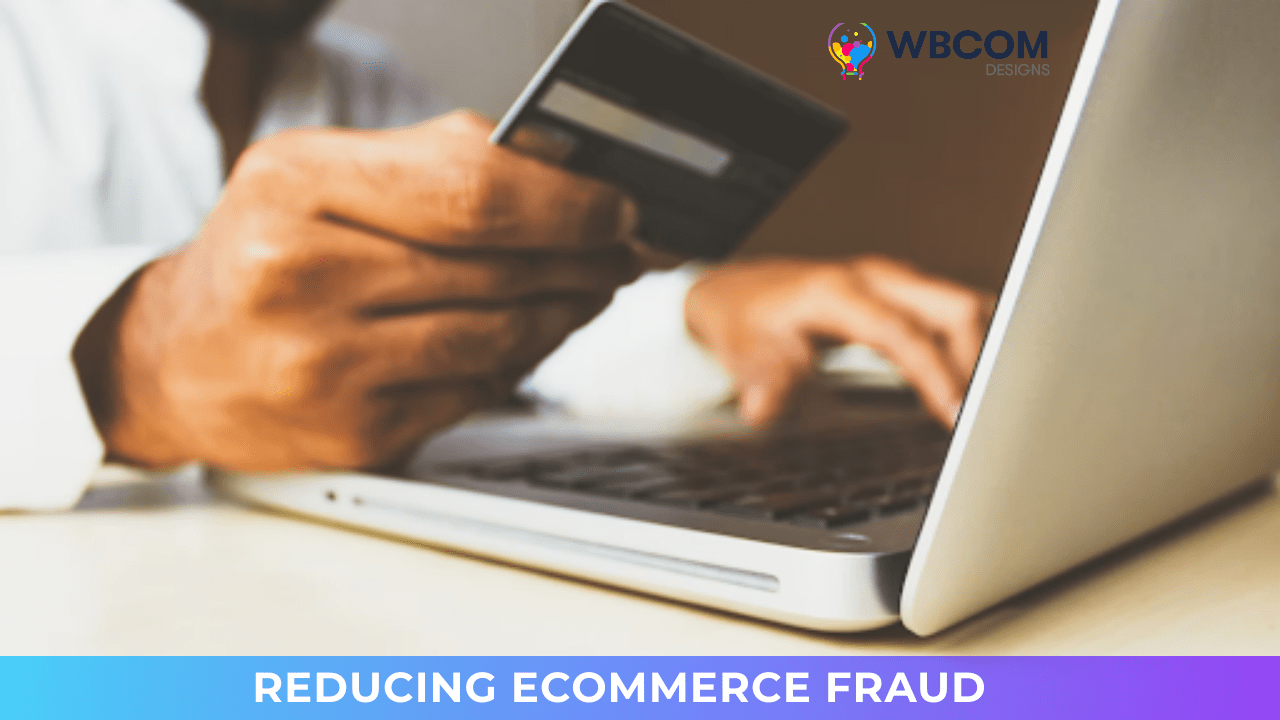Ecommerce businesses and businesses that accept online payments have seen increasing levels of growth and success over the past decade, with the COVID-19 pandemic accelerating this trend. Unfortunately, online scammers and fraudsters have also seen more success, steadily increasing their activity and stealing millions from eCommerce businesses.
Table of Contents
ToggleReducing eCommerce Fraud
Because of the increased risk posed by online fraud, eCommerce businesses need to implement the latest data protection and KYC (Know Your Customer) practices to prevent eCommerce fraud.
eCommerce businesses can verify the identities of their customers and calculate the risk that each customer may pose to their operation by using identity verification solutions. Here is an overview of what KYC entails and how you can use it to reduce incidences of online fraud.
1. What Is KYC?
KYC checks that customers are who they say they are and are not involved in illegal activity. KYC processes have already been incorporated into the Patriot Act to reduce rates of money laundering, terrorism financing, and other illicit activities. Today, the law requires almost every online business to use KYC protocols, so it is essential to understand how KYC applies to your company and industry.
When it comes to eCommerce, KYC helps to prevent fraud relating to:
- Transactions using stolen credit cards, Stolen bank Account details, Stolen id Card and fake credit card
- Phishing attacks
Ecommerce fraud impacts eCommerce businesses in a few different ways. Without adequate data protection and KYC protocols, companies may face losses due to stolen merchandise, chargeback fees, and fines from exceeding chargeback thresholds. Fraud may also damage a business’s reputation if its customers fall victim to scams associated with purchases with the company.
2. The Impact of eCommerce Fraud

According to the 2021 Fraud Statistics published by Finances Online, global payments fraud tripled between 2011 and 2020 from $9.84 billion to $32.39 billion. By 2027, global payment fraud is forecast to increase by an additional 25%, indicating the growing risk to eCommerce businesses and the need for companies to integrate data protection and KYC processes into their business operations.
The USA, in particular, is the most fraud-prone country, losing around $1.9 billion to online fraud in 2019. That number then increased to $3.3 billion by 2020, according to
the Federal Trade Commission’s Consumer Sentinel Network Data Book 2022.
The 2021 statistics published by Finances Online also highlight that Americans are more worried about having their personal or financial information stolen or being victims of identity theft than being murdered or having their homes burglarized.
Consumers are well aware of the growing risks they face relating to eCommerce fraud. The fear of falling victim to scammers will impact their online shopping behavior and their likelihood of returning to a business’s website after falling prey to fraudulent activity.
3. Tips for Reducing eCommerce Fraud
Because Know Your Customer compliance is used by organizations in many different industries, from banking and insurance to retail and eCommerce, the extent of an organization’s KYC protocols will vary.
For identity verification, eCommerce businesses need their customers to provide at least one form of identity verification, either when a customer creates an account or when a transaction occurs.
Types of identity information can include:
- Credit cardholder information
- Passport
- Driver’s license
- Government-issued ID
- Personal information such as date of birth, phone number, and address
Some businesses also collect and analyze customer IP address data and device information, referred to as contextual data, to verify the identity of existing customers. Analyzing contextual data is extremely useful in preventing fraud when an unauthorized party has accessed a customer’s account.
A business’s KYC procedure will need to verify the authenticity of the provided information. In some cases, organizations also need to carry out background checks against public databases depending on the nature of the institution. While it is possible to carry out KYC checks manually, many businesses automate this process if they have high transaction numbers or deal with many customers.
In addition to having robust Know Your Customer protocols, KYC compliance may also require a business to carry out Customer Due Diligence (CDD) processes.
CDD is essentially a vetting process that searches for red flags in a client business by considering:
- The types of customers that a customer’s company deals with
- The beneficial owners of an account or the customer’s business
- Personal or business relationships that the customer has
- Salary or annual sale information
- Anti-money laundering policies the customer has in place
- Third-party documentation
- Local market reputation
While KYC processes help confirm the customer’s identity, CDD checks help ensure that the customer, or their business, is not involved in illicit activities such as money laundering.
Also Read: Ways To Protect Your Ecommerce Store
4. Verify Identities, Reduce Fraud
The laws in the USA, Europe, and most countries worldwide require identity verification solutions such as KYC for almost every business that accepts online transactions. The core purpose of Know Your Customer compliance is to prevent eCommerce fraud resulting from stolen or fake credit cards, stolen bank account details, and stolen ID.
Also Read: Best Click Fraud Prevention Tools
Conclusion
Inadequate identity verification solutions can cause eCommerce businesses to lose merchandise, face chargeback fees, fines, and reputational damage. The COVID-19 pandemic has also contributed to sharp increases in incidents of eCommerce fraud. Because forecasts predict that incidents of eCommerce fraud will increase into the future, identity verification solutions and KYC compliance should remain a top priority for all eCommerce businesses.
Interested Reads:
Best WordPress Black Friday And Cyber Monday Deals Of 2022








